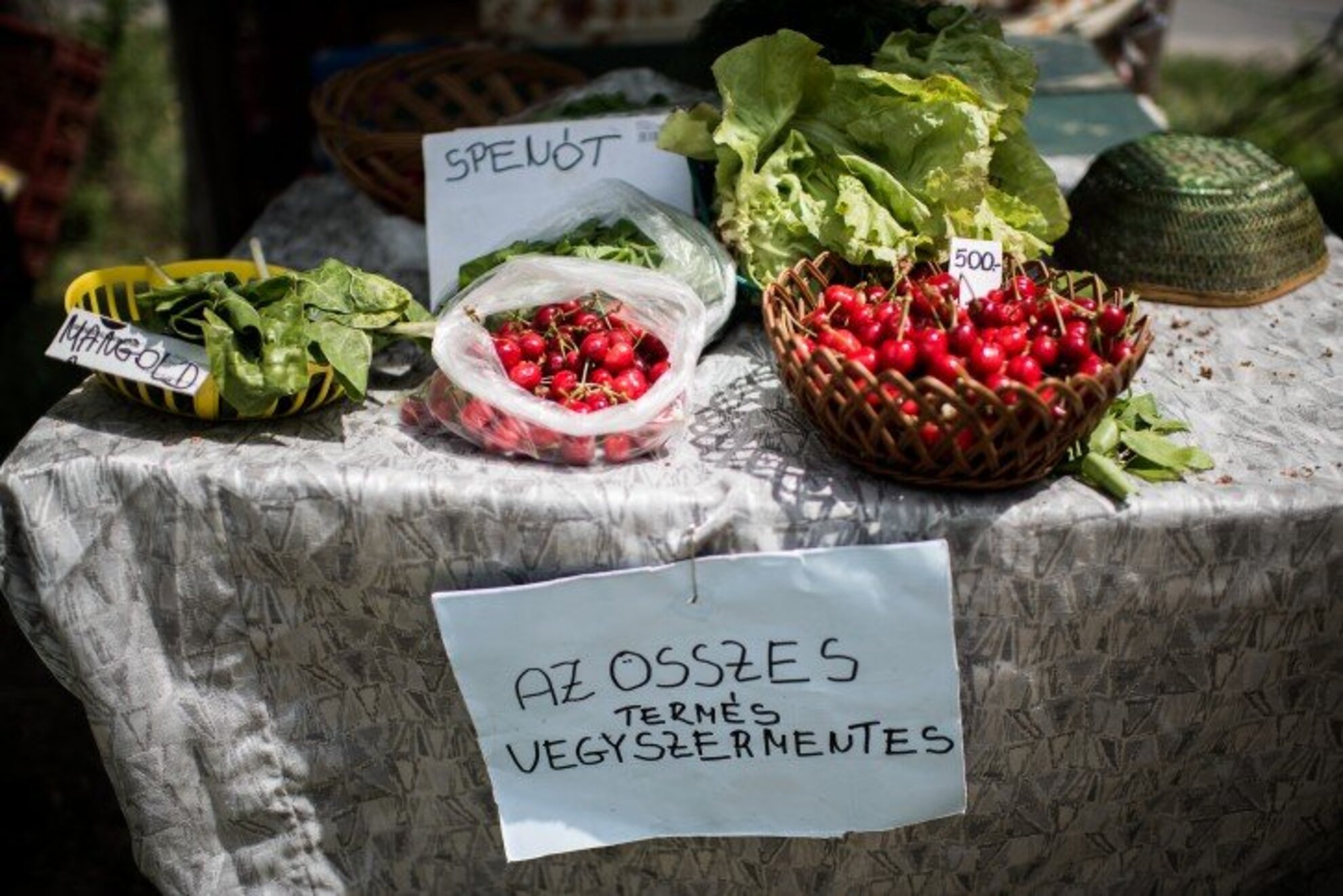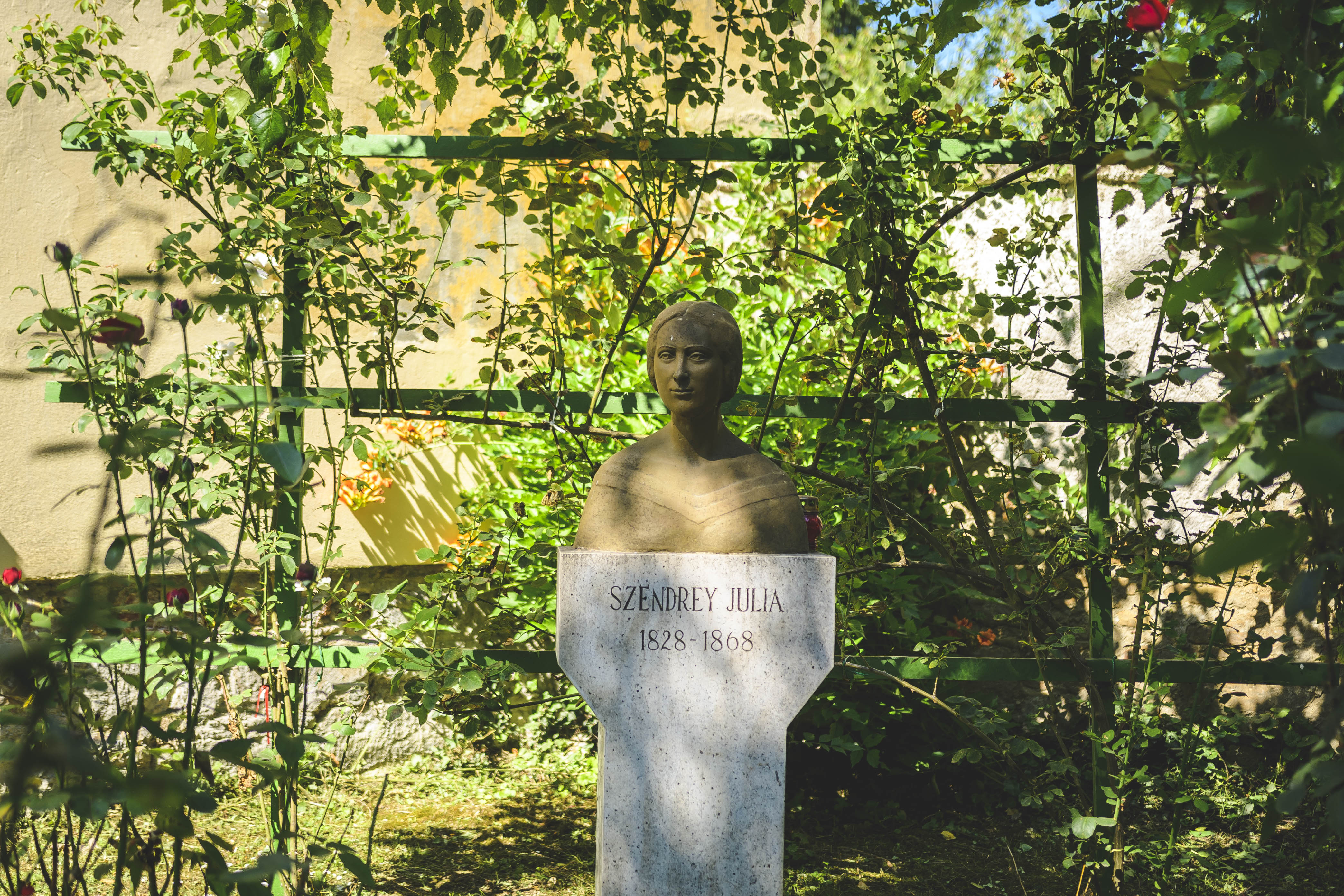It is easy to take sides in the case of the Káptalantóti market but it is almost impossible to see through the situation. We tried to cut through the multitude of regulations, fines, freedom fighters and Jeanne d'Arcs, but only one thing remained certain: irrespective of the dismay of the Law (that the Clash fought without success), Liliomkert has been alive and thriving without an official license since 2007.
We would not be surprised if Ildikó Harmathy was simply referred to as the local Jeanne d’Arc by the offficials at the Government Office of Veszprém County or the North Transdanubia Environmental Protection and Water Management Directorate ('Directorate')--although the manager of the Liliomkert market has not done anything, but in defence of the market she has declared war on speaks against the regulations she finds defective at every possible forum on every single occassion. Just like a true leader.
She believes that the fight is not about the Liliomkert anymore, but the fact that the current agricultural regulations serve the interests of large-scale farms exclusively, while suffocating the others on the market. The expamples she cites are the small-scale farmers of the Káptalantóti market, whose first-class products are sold out within an hour every Sunday, but are still unable to move up.
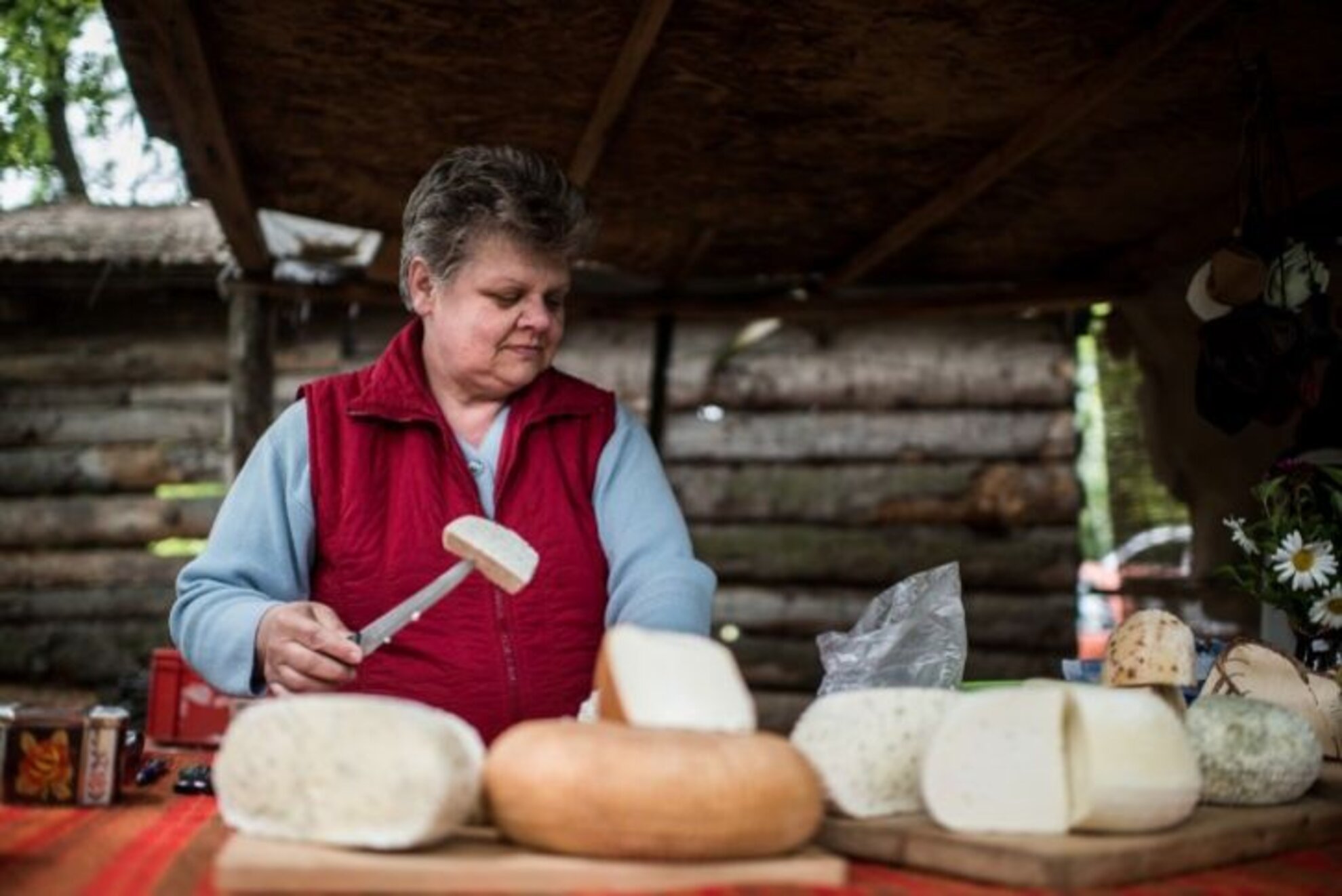
One cannot question the success of the market: 10 000 people, including Hungarians, foreigners, fitness gurus, fat-lovers and bio-maniacs visit it every Sunday. Still, authorities are relentless and the decision for demolition that was issued against the market several years ago is still in effect.
What is the problem?
The Directorate has three objections: the location of the market, the buildings of the market and the trade activity of the market. It is really challenging to operate a market without these. According to the authorities, the Liliomkert is held on a ploughland which belongs to the territory of the Balaton-felvidéki National Park. In harmony with the laws on environmental protection, such territories cannot be coverted into commercial zones and it is prohibited to continue activities harmful to nature on them.
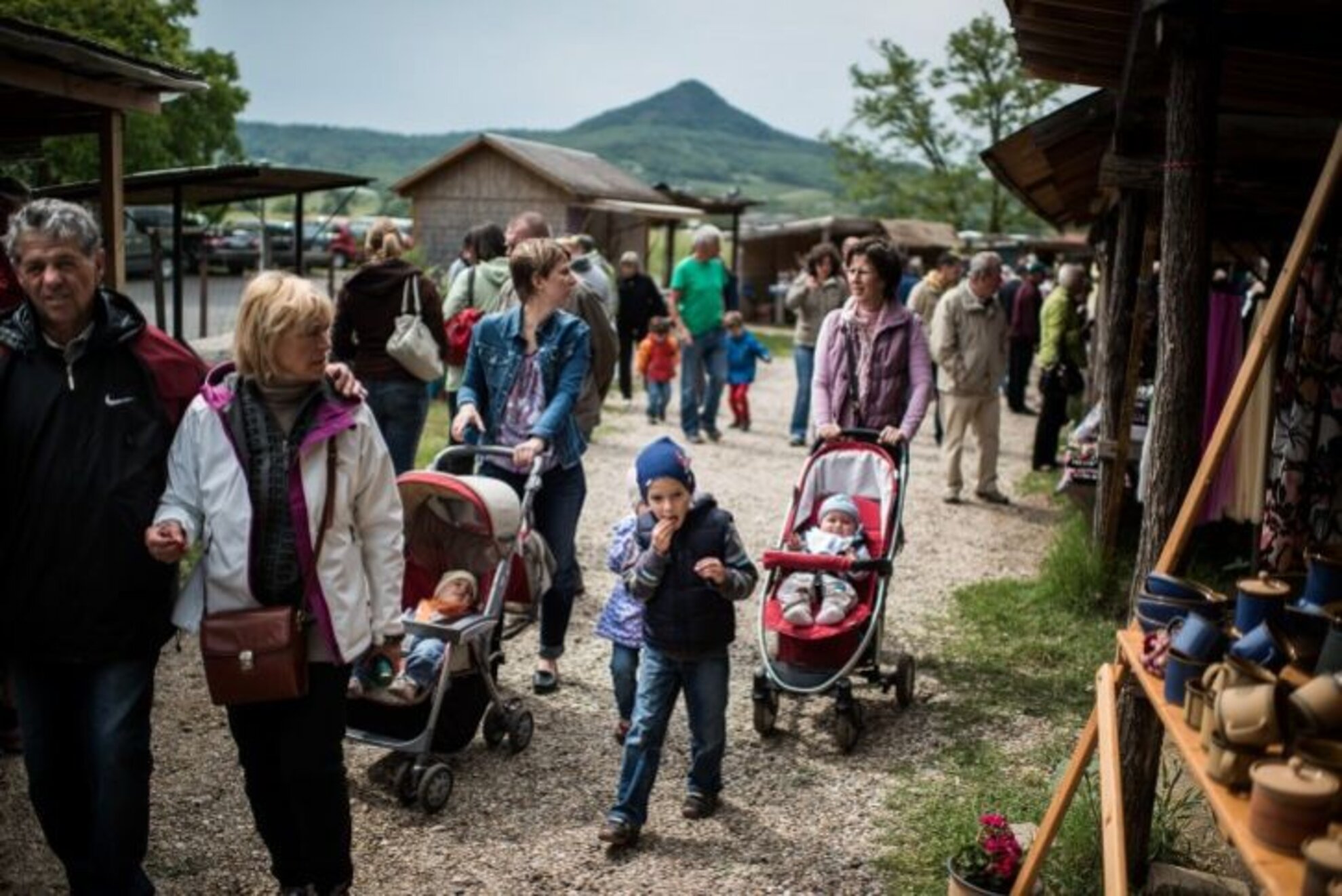
Authorities claim that the market stalls, the the dust, the footprint of visitors and the exhaust fumes of visitors' cars exhaust both of the above categories. Ildikó Harmathy was fined for over 5 million HUF so far and she will have to appear at court on 22 October this year for having ignored these fines.
The iron lady
'I will prove it to the Court that I do not harm nature, and that the market activity once a week and the living of 200 families selling at the market are more useful than an unused ploughfield,' says Ildikó Harmathy. 'They say that the market is aesthetically destructive as well, which is nonsense judging by the state of things in the Hungarian countryside. If I am found guilty, the most I can get is 3 years suspended, still I will have to go to prison because I will not demolish this market.'
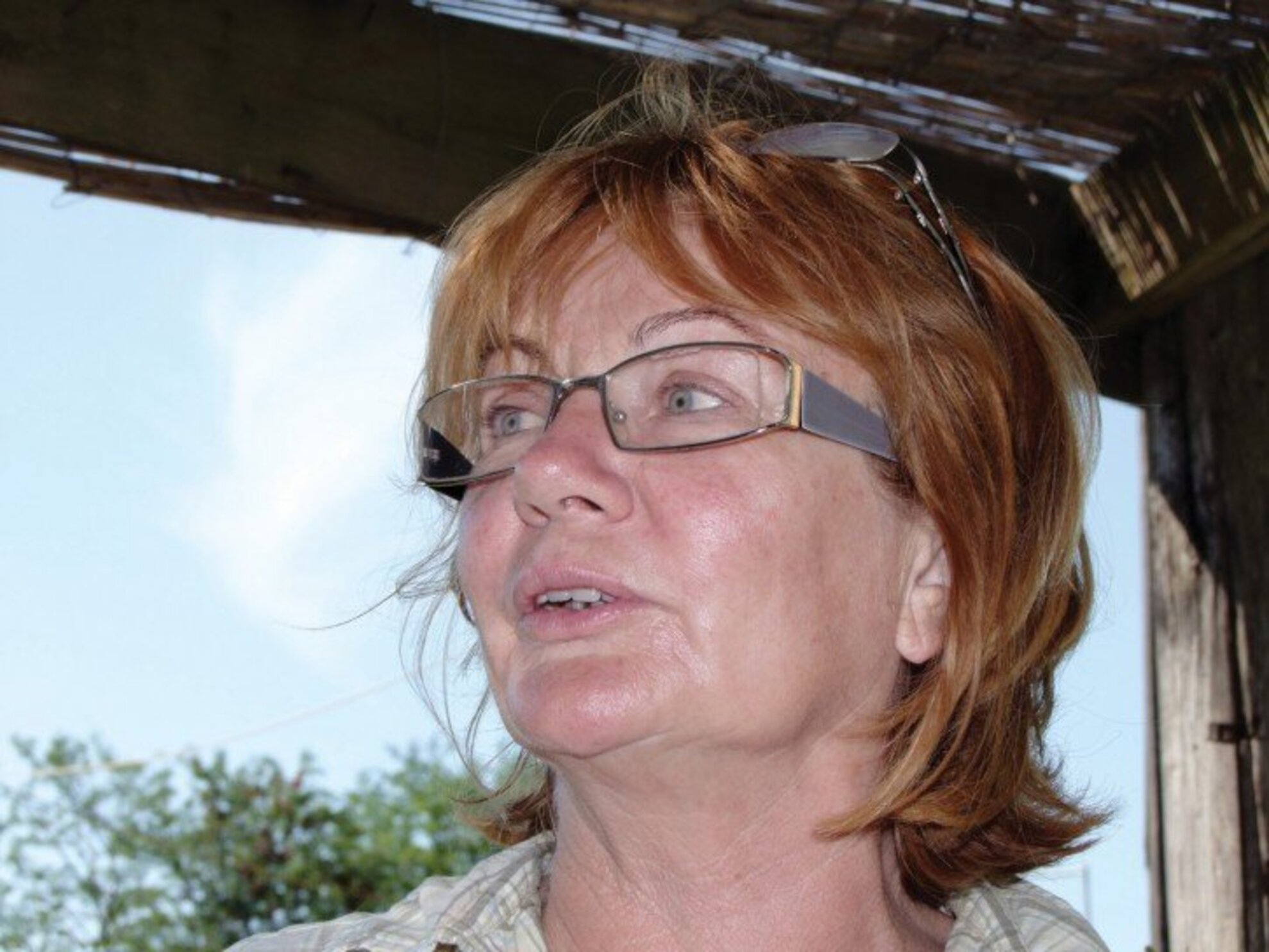
According to the firm view of the Iron Lady of Káptalantóti, a ploughfield is a man-made and man-used territory, not a creation of nature, thus environment protection regulations do not apply to it like they apply to other, protected areas. 'What would happen, let's say, if I used the area as a ploughfield? I'm sure the revered authorities would not care a bit for the amount of chemicals I'd spill over it.' The owner refuses to consider finding a new place for the market, because they accumulated too many immovable objects without which the ambience of the whiole would be uspet. She considers demolition improbable, as one cannot just annihilate a market that has been operating for 6 years.
This makes it pretty clear that unless authorities decided to act, nothing would change. On their part, however, there does not seem to be a person to grab the steering wheel and offer any kind of solution.
Fire with fire
It was for years considered a possible solution to convert the ploughfield into a commercial zone, however when the construction authorities rejected the first--expensively compiled--documentation, there was no money left for preparing a new one. According to Ildikó Harmathy, this has become unnecessary, as the new national regulations on landscaping and constructions that steps in effect on 1 January states that no residential building can be erected on an agricultural land.
In the opinion of a lawyer we consulted, this is fine, but the Balaton law ab ovo prohibits construction on ploughfields, and this overrides the above regulation. From this perspective, the arguments of the Directorate seem stronger in terms of regulations.
